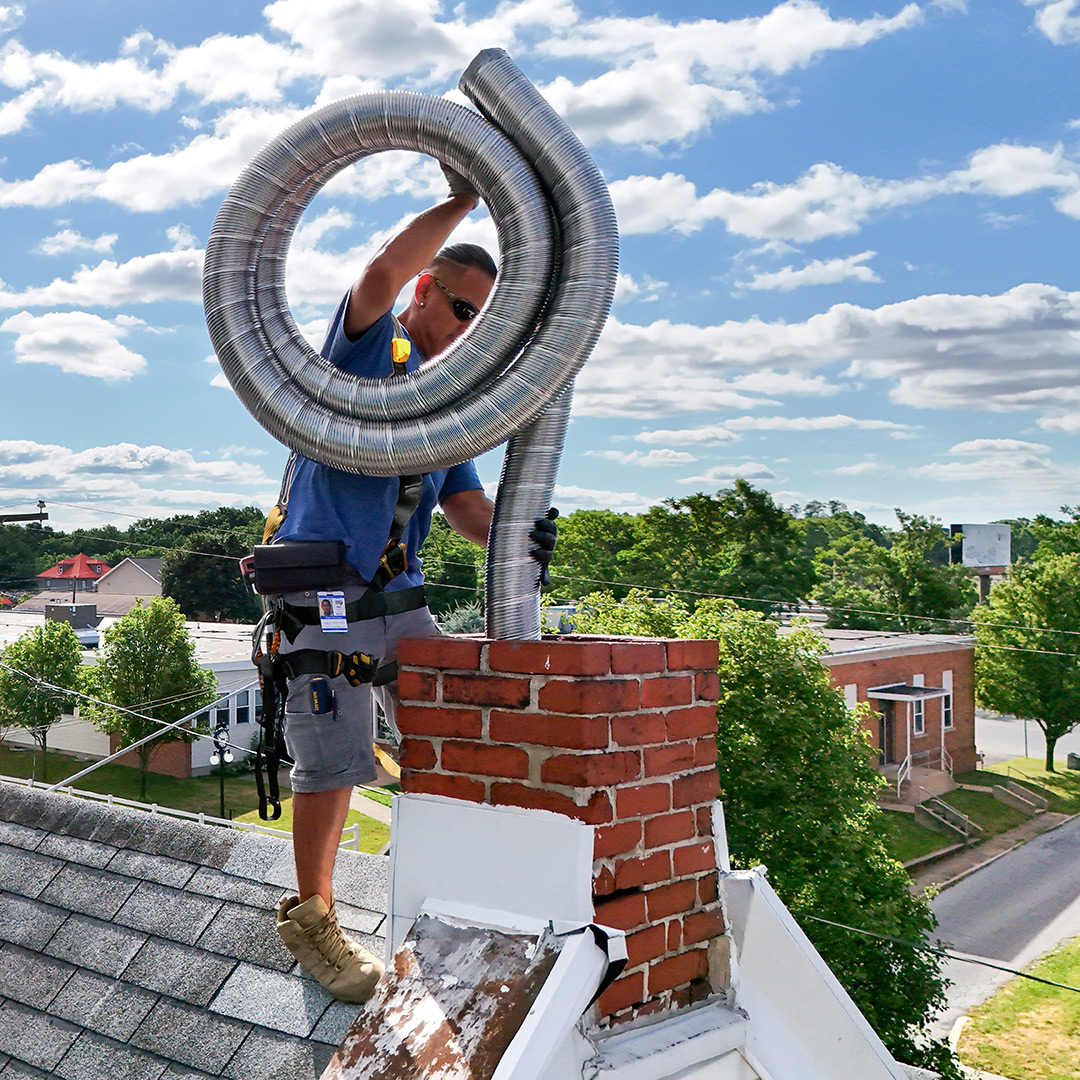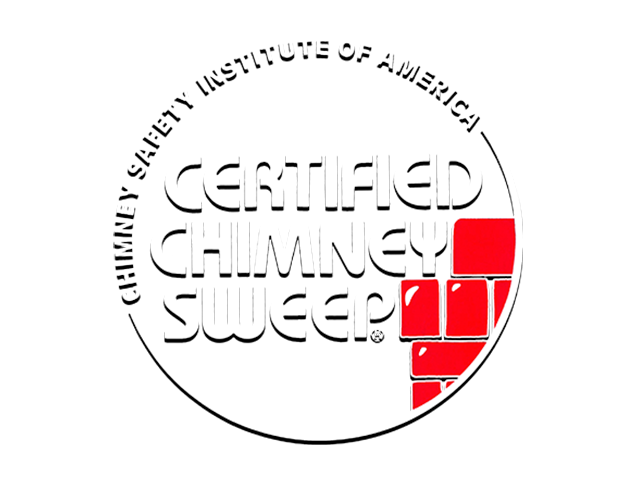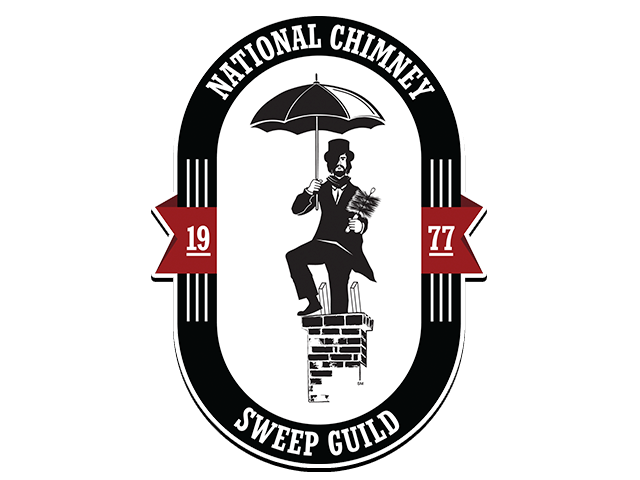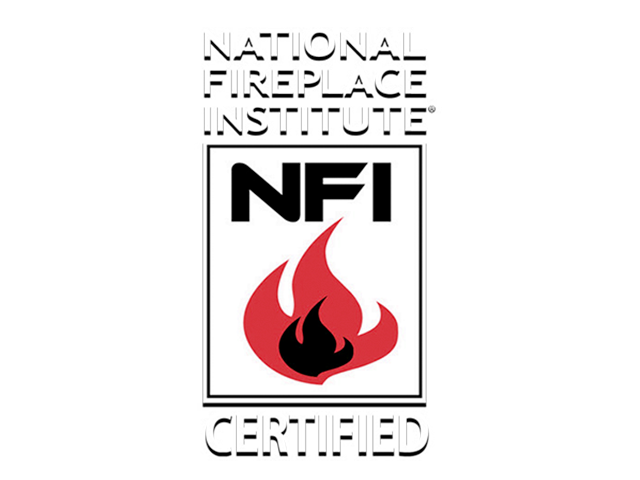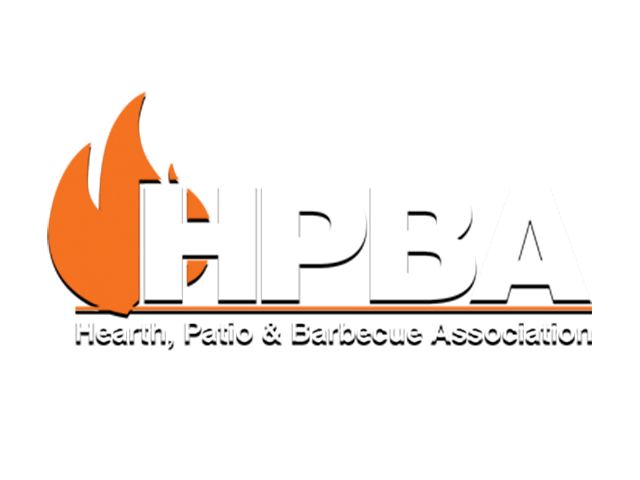Types of Chimney Liners
There are three main types of liners found in Pennsylvania chimneys:
- Stainless-steel liners
- Clay tile liners
- Cast-in-place liners
All three do a fine job of protecting the home and ensuring a good draft, but for most applications, stainless steel is your best choice.
Stainless-Steel Chimney Liners
Because of its durability, flexibility and economy, a stainless-steel liner is a perfect choice when building a new chimney. It’s also ideal as a replacement for many tile or cast-in-place liners that have become damaged and vulnerable.
There are ways to repair other types of liners, but the project can be pretty involved because workers can’t actually enter the flue to make the repairs.
A stainless-steel liner is simply placed inside the flue. In order to maintain the proper flue-to-fireplace size ratio, the existing liner may have to be removed before relining.
Properly installed liners made of stainless steel meet or exceed all state and local fire safety and building codes. When the Anderson’s crew installs a chimney liner – or performs any other chimney or fireplace work – it gets done right the first time.
Is Your Chimney Liner Failing?
Watch for these signs:
- Chunks of clay tiles or other liner materials in the firebox
- Cracks in the chimney’s exterior bricks
- Excess condensation around the fireplace opening or in the firebox
- Sluggish drafting
- Smoke and carbon monoxide monitors going off
These signs can point to other problems with a chimney and fireplace system, so schedule an inspection to find out exactly what they mean.
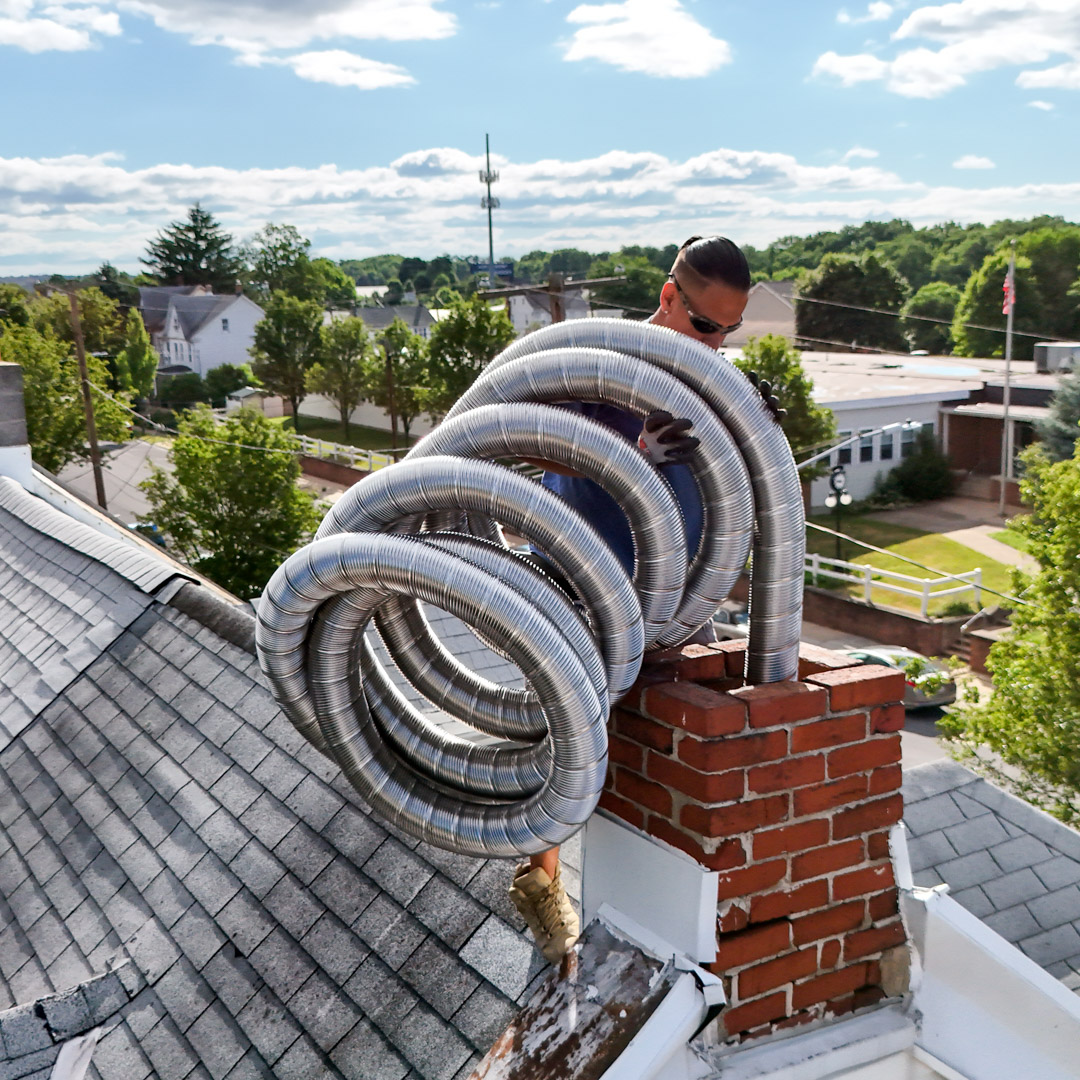
Relining Your Chimney
If it’s been many years since your chimney flue was inspected, or if you’re noticing any of the above signs, schedule a chimney inspection with our CSIA-certified technicians. If a new liner is needed, we’ll install one. If other repairs are required, we’ll make them.
Since 1990, Anderson’s Chimney & Masonry Service has worked throughout New Cumberland, PA, Camp Hill, PA, Hershey, PA, Lancaster, PA, Carlisle, PA, Harrisburg, PA, Shippensburg, PA, Middletown, PA, Linglestown, PA, Lebanon, PA, and other Pennsylvania communities.
Speak with a chimney and fireplace expert by calling (717) 975-3526. You can also use our handy contact form.


